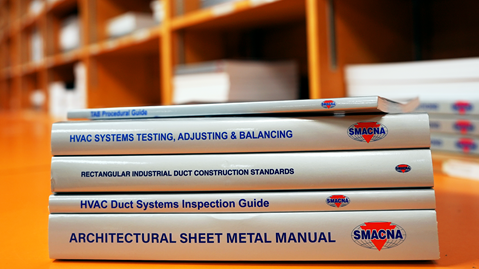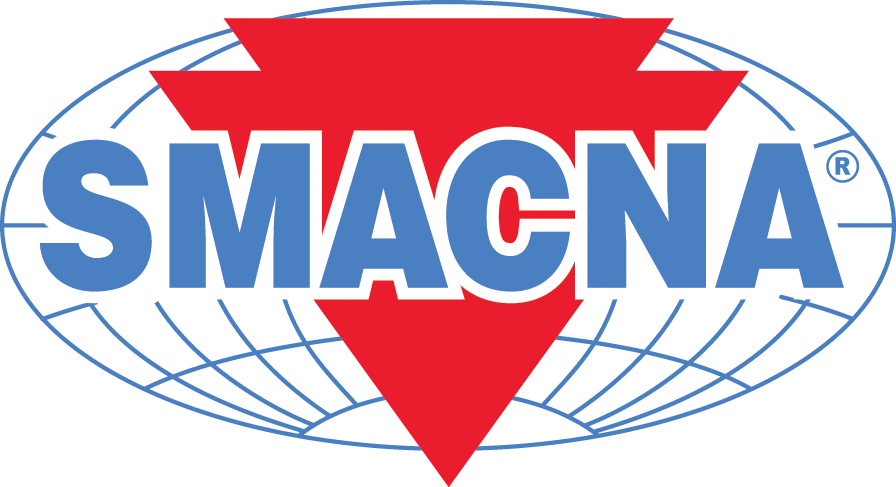Bagels - Morale Booster or Prohibited Transactions?
Can providing bagels and coffee to your trust fund employees at a morning staff meeting really be a prohibited transaction? It seems that some Department of Labor investigators think so.
Can providing bagels and coffee to your trust fund employees at a morning staff meeting really be a prohibited transaction? It seems that some Department of Labor investigators think so.
We have heard of more than one DOL investigator who has taken the position that providing Christmas parties, birthday cakes, retirement parties, donuts, bagels, flowers and similar de minimis gifts to a party-in-interest (plan employees) violates ERISA §§404(a)(1)(A),(B) and (D) and 406(a)(1)(D). If your plan isn’t self-administered but instead uses a third-party administrator (TPA)—you are in luck. To our knowledge, the DOL has not questioned TPAs about similar de minimis gift expenditures.
Even if you are self-administered, most ERISA experts believe that such de minimis gifts to employees can be justified as part of plan employees’ compensation packages. Section 408(b)(2) of ERISA provides a statutory exemption from the prohibitions of section 406(a) for contracting or making reasonable arrangements with a party-in-interest for services necessary for the establishment or operation of the plan, if no more than reasonable compensation is paid for such services. In addition, trustees should be able to reasonably find that such expenses benefit participants and beneficiaries since they improve employee morale, productivity and particularly employee retention.
(Side note: Keep in mind that gifts to employees may be taxable and trustees should consult their auditors regarding this issue.)
While a few regional offices and DOL investigators may take a hard line against gifts of any nature, most recognize that, for instance, sending flowers to a plan employee upon the death of a family member or flowers to a terminally ill plan employee are important for staff morale which affects productivity and employee retention. The trustees’ reasonable determination to allow such expenses has been allowed where the benefit to participants has been properly documented by the trustees. Worth noting, however, that in at least one case, flowers to a hospitalized employee who had been critically injured was not allowed although the investigator did relent and not make the monies be reimbursed to the fund as long as the fund promised not to permit such gifts going forward.
Whatever your regional DOL office’s take is on gifts to employees, keep in mind that gifts to plan service providers, trustees or others fall under a whole different standard. We know of no evidence that that DOL has approved flowers, plaques or other items for births, death, or retirements for non-employees including trustees and service providers or donations to charities or other events. To the contrary, in more than one instance, the DOL has disallowed such gifts: flowers sent to a trustee or a trustee’s spouse upon the illness or death of the trustee or spouse; flowers to a retiring service provider; flowers to a seriously ill service provider. In such instances, the DOL has reiterated that a fiduciary must discharge his duties solely in the interest of participants and beneficiaries and for the exclusive purpose of providing benefits and defraying reasonable administrative expenses. In the DOL’s view, these kinds of expenses did not satisfy those requirements.
Given the position of some DOL investigators that gifts are strictly prohibited, a plan should be very cautious concerning such expenses for plan employees. To avoid inviting a DOL challenge if you choose to make gifts to employees, keep these simple rules in mind:
- Trustees (not the administrator) should make the determination that such expenses benefit participants and beneficiaries.
- Trustees should document their decision and the basis for it.
- Gift expenditures should be modest.
- No gifts to service providers, trustees or charities.
Trustees should not construe these resources as legal advice and are urged to consult with their own fund counsel to determine whether any action is permissible or advisable.
CONTENT REVIEWED:

Technical Standards
Shop the SMACNA bookstore for all technical standards, including the most recent editions and recently revised manuals.
Shop Now